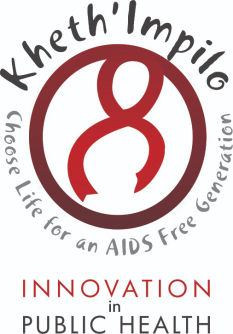Preventing new HIV infections and reducing HIV morbidity and mortality through an improved
and sustained HIV and TB Continuum of Care.
The three (3) result areas included the following:
Result 1: Increase the proportion of PLHIV who
know their status;
Result 2: Increase the proportion PLHIV who are
on treatment;
Result 3: Increase PLHIV who are virally
suppressed.
Strengthening Provincial Health Systems. This support was only provided to Western Cape Province.

Strengthening District Health System (DHS) to support of the HIV/TB Continuum of Care. This component will be implemented in both BCM and CoCT through Health Systems Strengthening (HSS) focusing on:
• MER systems
• Pharmaceutical systems
• Human resource systems
Strengthening National Health Systems.
The support to be provided will focus on:
• National Adherence Guideline
• School-Based HIV/SRHR services